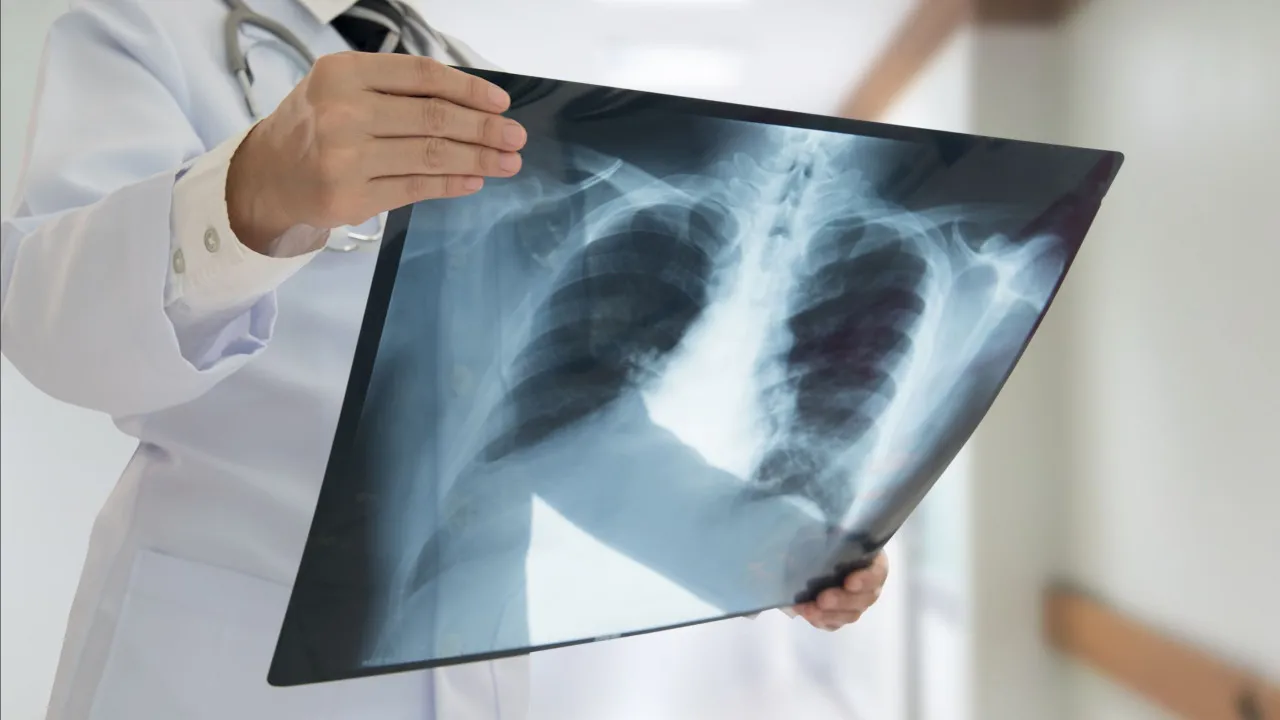
The Portuguese Society of Pneumology (SPP) has called for “clear screening protocols” to coordinate primary healthcare with specialties like pneumology and oncology for early patient referrals. The organization believes this could reduce waiting times and bureaucratic procedures necessary for proper patient follow-up.
Daniela Madama and Joana Catarata, from the SPP’s Lung Cancer Working Group, emphasize that early detection and rapid treatment are essential for lung cancer, given recent therapeutic advancements.
They advocate for a greater focus on prevention, starting from a young age.
In a statement marking World Lung Cancer Day on August 1, the SPP highlighted recently released data on lung cancer in Portugal, describing a “concerning scenario”: in 2023, lung cancer resulted in 4,490 deaths, the highest figure in 20 years.
The specialists cite late-stage diagnosis—with about 70-75% of cases identified at an advanced or metastatic stage—smoking, exposure to environmental and occupational pollutants, an aging population, and the lack of a structured screening program as reasons for the increased lung cancer mortality.
To counter this trend, they recommend measures such as intensive anti-smoking campaigns, the urgent implementation of structured low-dose CT screening for high-risk groups, and faster, more accessible diagnostic pathways.
They also stress the need for active training of healthcare professionals, especially in primary care, for early symptom identification, monitoring key environmental risk exposures, and investment in integrated care, including rehabilitation, psychological support, and palliative care from early stages.
The pneumologists further call for process reforms within the National Health Service (SNS) to reduce bureaucracy and streamline essential clinical and administrative flows, crucial for early diagnosis and improved access to innovative thoracic oncology medications.
They insist on optimizing drug evaluation and approval processes, promoting early access programs, and ensuring adequate funding.
Discussing the importance of early lung cancer diagnosis, the doctors highlight the need to “combine efficient screening strategies with emerging technological advances.”
They note that low-dose computed tomography (LDCT) screening in high-risk individuals (smokers or ex-smokers of less than 15 years, aged 50-75, with a 20-pack-year smoking history or more) can reduce lung cancer mortality by approximately 25%.
Given that smoking is the primary risk factor for lung cancer, the specialists underscore the importance of effectively preventing tobacco initiation, particularly among youth, by adopting educational measures, integrating mandatory content in schools, and promoting educational activities outside school, involving families.
Increasing tobacco prices, establishing more smoke-free areas, and reactivating and adequately funding the National Program for Smoking Prevention and Control (PNPCT) are also suggested measures.




